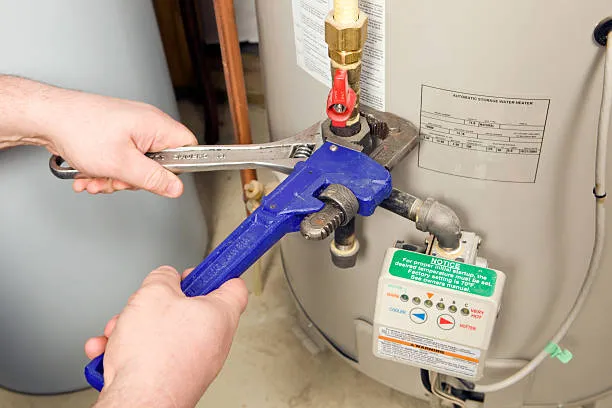Understanding Water Heater Types
When considering a water heater replacement, it's crucial to understand the different types available. The most common types include tankless, traditional tank, and solar water heaters. Each type has its own set of advantages and disadvantages, making it essential for homeowners to assess their specific needs and preferences.
For instance, tankless water heaters provide hot water on demand and can be more energy-efficient, while traditional tank water heaters are typically less expensive to install. Solar water heaters, although initially costly, can significantly reduce energy bills over time. Evaluating these options will help you make an informed decision that best suits your household's requirements.
Signs You Need a Water Heater Replacement
Recognizing the signs that indicate a need for water heater replacement can save homeowners from unexpected cold showers and costly repairs. Common indicators include inconsistent water temperatures, strange noises coming from the unit, and visible rust or leaks. If your water heater is over 10 years old, it's also wise to consider replacement, as older units are less efficient and more prone to failure.
Additionally, if you notice an increase in your energy bills without a change in usage, it could be a sign that your water heater is working harder than it should. Regular maintenance can prolong the life of your unit, but if issues persist, consulting a professional plumber is advisable to determine if replacement is necessary.
Benefits of Professional Water Heater Installation
Opting for professional installation of your new water heater offers numerous benefits that can enhance both safety and efficiency. Licensed plumbers have the expertise to ensure that the unit is installed correctly, adhering to local codes and regulations, which minimizes the risk of future issues. Furthermore, a professional installation can often come with warranties that cover both the unit and the labor.
Additionally, professionals can provide valuable insights into the best water heater options for your home, considering factors like size, energy efficiency, and installation location. This guidance can lead to long-term savings on energy costs and improved performance of your water heating system.
Water Heater Maintenance Tips
Regular maintenance of your water heater is essential to prolong its lifespan and maintain efficiency. Simple tasks like flushing the tank annually to remove sediment buildup, checking the anode rod, and ensuring the temperature is set correctly can make a significant difference. Homeowners should also inspect for leaks and corrosion, which can indicate underlying issues that need professional attention.
In addition to these tasks, scheduling regular inspections with a licensed plumber can help identify potential problems before they escalate. By investing time in maintenance, you not only extend the life of your water heater but also ensure that it operates safely and efficiently, ultimately saving you money in the long run.


